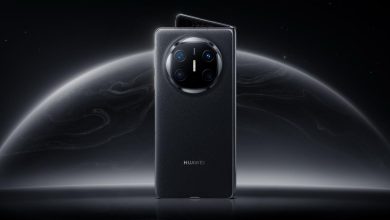MANILA: Three Philippine lawmakers are re-introducing bills seeking to establish a national identification (ID) system for all Filipinos in the country and abroad.
Outgoing House Speaker and Quezon City 4th District Representative Feliciano Belmonte Jr authored House Bill (HB) Number 12 or the Filipino Identification System Act. AKO Bicol Representatives Rodel Bacobe and Christopher Co also co-authored a bill with the same title, HB Number 523, reported Rappler.
Bills creating a national ID system were filed in the previous 16th Congress. The House of Representatives passed them but they were stuck at the Senate until the end of the session.
The Philippines is one of only nine countries in the world without a national identification system, according to Belmonte.
Under his proposal, the Filipino Identification System will consolidate all government-issued ID systems into one to “improve government services and limit red tape in government transactions,” said the news portal.
“The national identification card will lower costs, streamline transactions, and provide ease and convenience,” Belmonte reportedly said.
Both bills would require all Filipinos residing anywhere in the world to register their personal information into the central system to be managed by the Philippine Statistics Authority (PSA).
A registered Filipino will reportedly be issued a non-transferable Filipino ID card with a number that shall be valid for life.
Filipinos residing or working overseas are to register for their IDs at the nearest Philippine Embassy or consular office in the country where they are staying.
Based on the two House bills, the Filipino ID card would be honored in transactions concerning a person’s identity, marital status, birth, and other personal circumstances.
The ID may also be used for applications for passport, driver’s license, Social Security System (SSS), Government Service Insurance System (GSIS), PhilHealth, Home Development Mutual Fund (Pag-IBIG), and the National Bureau of Investigation (NBI).
It may also be used to identify voters, schools, and employees, as well as to avail of senior citizens’ benefits. It may also be used for court, prosecutor, and police clearances, and in banking and financial institutions.
Batocabe and Co reportedly said the current Unified Multi-purpose ID card for GSIS, SSS, PhilHealth, and Pag-IBIG members serves as an “excellent” case study for their proposed Filipino ID card.
“Once enacted into law, all citizens, not only government employees and SSS members but the self-employed, the unemployed, minors, and Filipinos working abroad will be under the coverage of the National ID system,” Batocabe was quoted as saying by Rappler.




